A Deeper Perspective on Stewardship
I’m grateful to the Haudenosaunee people for giving me a whole new perspective on stewardship, through one small prepositional change. When the Haudenosaunee (formally known as the Iroquois) gather for any purpose, they start with “the words that come before all else.” Thanks are offered to the earth in all its manifestations—water, plant, and animal life—then to the winds, sun, moon, and stars; and then to the ancient wisdom carriers and the Spirit Creator. The recurring phrase—“and now our minds are one”—binds the community together in shared thanks.
I was blessed to first experience these words of thanks early one morning on the Six Nations reserve in southern Ontario. A group of Six Nations people and allies had gathered in a ten-day paddle down the Grand River to honor the treaties and protect the earth. Each morning, we all stood in a circle as this thanksgiving address started our day.
At a later retreat in our Friends meeting on right relationship with Native peoples, we were challenged to take a walk with attention to the land and the people who lived here for thousands of years before us, and I realized I could take “the words that come before all else” on my morning walk. At first, I was just trying to remember the content and order, and kept going back to the original for reference. I already felt thankful for the water and the food, plants and trees, and the moon, so initially it seemed like a simple frame for familiar content. But then one morning, the prepositions hit me. The first words call us to be thankful not for these parts of our world but to them; they call us to direct relationship. All of a sudden, I could see how being thankful for—though certainly much better than nothing—carries with it a sense of separation. Here was a profound shift toward right relationship with the world around me.
I now believe that we need a similar and equally profound shift in our prepositions regarding stewardship. What if the testimony Friends are reaching for calls us not to care for all we have been called to tend, but to care about it?
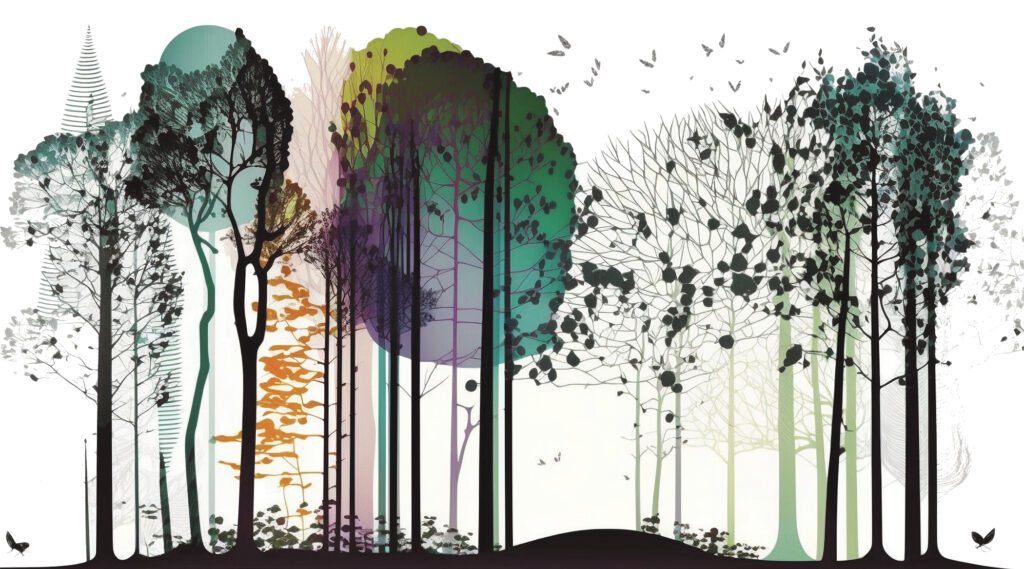
Dictionaries generally agree that a steward is someone who actively manages affairs in the name of another, and that stewardship is the careful and responsible management of resources entrusted to one’s care. Benign and responsible as it may sound, the traditional understanding of stewardship, starting with biblical admonitions, is steeped in mastery and control, arrogance, and separation: all the earth and its creatures shall be under our dominion.
As stewards in the present, while we may be able to avoid the worst aspects of arrogance, mastery, and control, the separation remains. By definition, we are acting not on our own behalf but on behalf of another, with the troubling assumption that we are not part of that which is being cared for. The steward stands apart, knowing better.
We need a new frame, centered in connection and belonging. We belong to our families, our communities, our ecosystems, the biosphere. They are part of us, and we are part of them. When we can know this truth deep in our bones and embody the loving spirit that is at its core, the role we can play—from within—to best enhance the whole becomes easier to discern.
There are contentious issues of legal and property rights that complicate our ability to discern in this area. Starting very close to home, for example, is it my responsibility to pick up trash in the park even though I dropped none of it and others are in designated stewardship roles? If I decide to pick up anyway, can I do it without resentment: stooping in a series of open-hearted little acts of love, because I care about the park and want it to be clean?
On the other hand, in places that are legally mine, are there limits to my management rights? I think of the tiny bit of earth at the side of our house. I may have my own idea for that space, but if there are little violets and poppies coming up that are eager to grow (as well as plants more easily designated as weeds), which one of us gets to have their way?
This, of course, is just the tiniest microcosm of a much larger question. Zooming out, we can consider our country’s history of slavery. There may well have been enslavers who embraced the concept of being good stewards of their “property.” Or consider the enclosure of the commons in the colonial era, a practice present in shared English village pastures as well as in Africa, North America, and much of the non-European world. Why not—a settler or industrialist might ask—put essentially “empty” land to more “productive” use?
If we are clear that there has been grave overstepping and tragic injustice in the name of stewardship, it behooves us to make our own claims with enormous care. What makes us so confident that we know better? What does it mean to steward property that we own, when the concept of ownership of earth is a questionable one?
Perhaps the knottiest questions of all come with the disposition of inherited wealth, an issue many Quakers, many of them White, have had to consider. Now this is a resource that’s hard to lay spiritual claim to as ours, since we did nothing to earn it and may never know what misguided notions of dominion or results of privilege were entangled in its accumulation. Yet we find ourselves legally responsible for its management—and perhaps dependent on its interest, as some meetings are. I doubt that anyone has the moral authority to pronounce the one right thing to do here, but a blindered and single-minded focus on return on investment cannot lead us to right relationship. This is a dilemma that calls for taking a clear-eyed look at history, then looking hard at what we care most about, and loving it more fiercely.
Can we find the humility to accept our ignorance and assume that anything we learn will illuminate bigger areas of unknowing that were previously invisible to us? Can we cultivate an attitude of wonder at the unknowable? How might our conception of stewardship change in the process?
Hubris, it would seem, is woven into the very fabric of traditional stewardship, with its built-in assumption of knowing better. As we seek to cultivate humility, and reexamine the importance we place on knowing, we can heed Isaac Penington’s stark advice: “Give over thine own willing, give over thine own running, give over thine own desiring to know or be anything, and sink down to the seed.”
Environmentalist David Orr is eloquent on this subject: ignorance, he says, is an inescapable part of the human condition, not a problem to be solved. Knowledge, on the other hand, is a fearful thing. Traditionally, to know the name of something was to hold power over it. Misused, that power would break the sacred order and wreak havoc. He suggests that we cannot claim to know something until we fully understand the effects of this knowledge on real people and their communities. We can be seduced by the explosive increase of information in modern times, failing to notice the knowledge that is being lost and its critical role in the survival of our species. We have broken the world down into billions of discrete, knowable bits but are lost when it comes to understanding what makes it whole.
When we claim the position of knowing, we expect the cause of problems we experience to lie elsewhere, most likely in that which we are stewarding. If my children are exhibiting behaviors that I find intolerable, then surely they are the ones who need to change. If the land isn’t responding to my advanced agricultural practices, then surely the land must be deficient. If my workers aren’t producing the way I have determined to be possible, then surely there must be something wrong with them.
What will it take to decisively break with this hubris and the unawareness that seems always to come with it? What if we can’t truly know if we don’t love? Can we find the humility to accept our ignorance and assume that anything we learn will illuminate bigger areas of unknowing that were previously invisible to us? Can we cultivate an attitude of wonder at the unknowable? How might our conception of stewardship change in the process?
Such a changed understanding requires an ability to grieve. If we give up the illusion of separation that simply caring for the other implies, we are faced with the undeniable reality that some of the people and places we care deeply about are in peril. To bring the full power of that deep caring into our work in the world, we have no choice but to face heartbreak. This understanding requires many kinds of courage as well: to face the evils that have been perpetrated in the name of good stewardship, as well as our own entanglement in those evils; to be honest about how much of what we think we know is an indication of underlying ignorance; and to act, regardless, on behalf of ourselves and the communities of life in which we are embedded and about which we care.
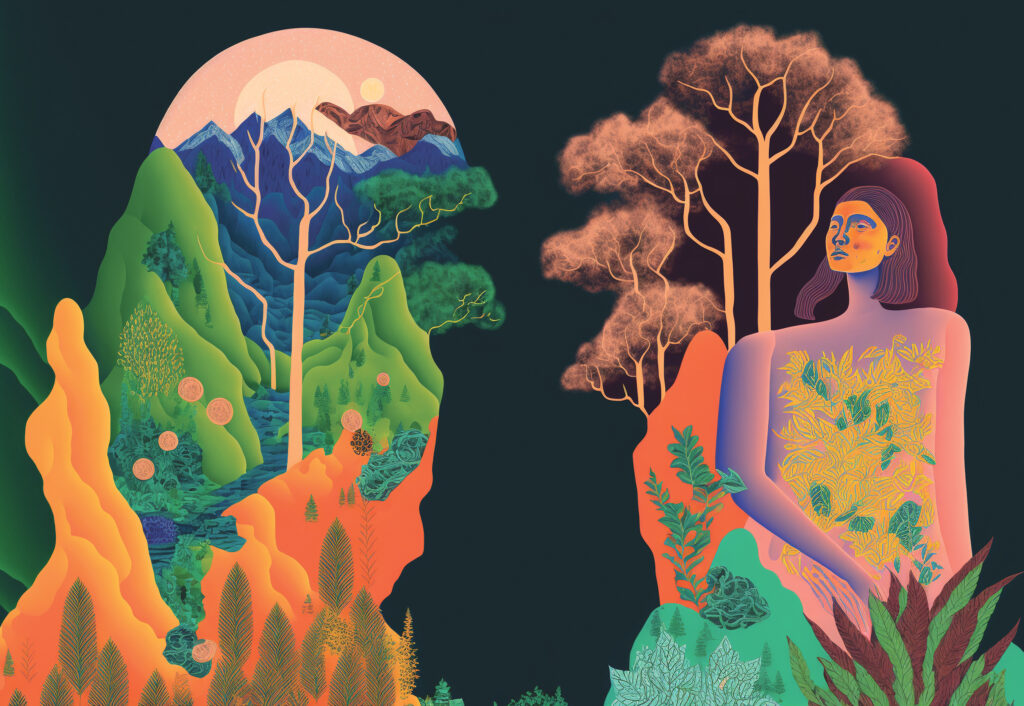
On a quest for a more Spirit-filled and rightly ordered conception of what we have traditionally called “stewardship,” perhaps we could borrow from the environmental movement and characterize our journey as one from extraction to sustainability to cogeneration. In the extractive mode, which many of us are happy to leave behind, we extract obedience from children, productivity from workers, profits from the land, personal benefits from communities, and material value from any exchange. In the more familiar and comfortable sustainability mode—most closely related to what many of us think of as stewardship—we take responsibility for maintaining that which is under our care. We care for our children, keep our homes and finances in good order, contribute to the ongoing well-being of our communities, and are responsible and fair in our exchanges.
In a cogeneration mode, we reach for ever more life together, with love and connection at the center. With our children, we generate a spirit of mutual cooperation and wonder at how they might grow. With the land, we observe closely and align with that which gives life. In our communities, we listen, learn, and join with others in generating ever greater benefits for the whole. With any exchange, we focus on the opportunity it brings to generate new possibilities or relationships. At every turn, we seek to understand our place in the ecosystems of which we are a part and the role we are called on to play that best supports and enhances the whole.
In this way, we move away from problematic frames of superiority and separation, not only in their obvious but in their more subtle forms. At the same time, we move toward the joys and challenges of supporting life and the creative process in all parts of our lives, from the most intimate out to our furthest reach. I’m hopeful about the possibilities. And I give thanks—not for the Haudenosaunee but to them—for this emerging clarity about the far-reaching significance of moving from caring for to caring about the world of which we are a part.


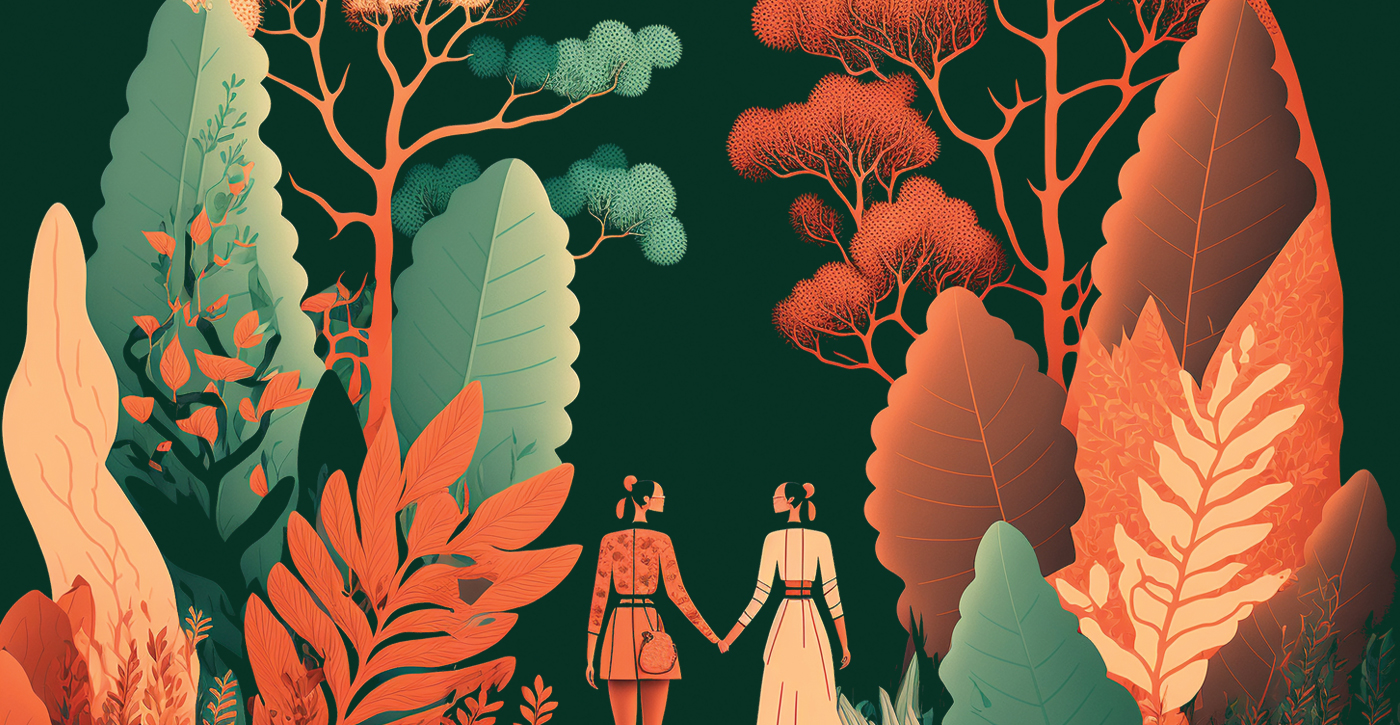
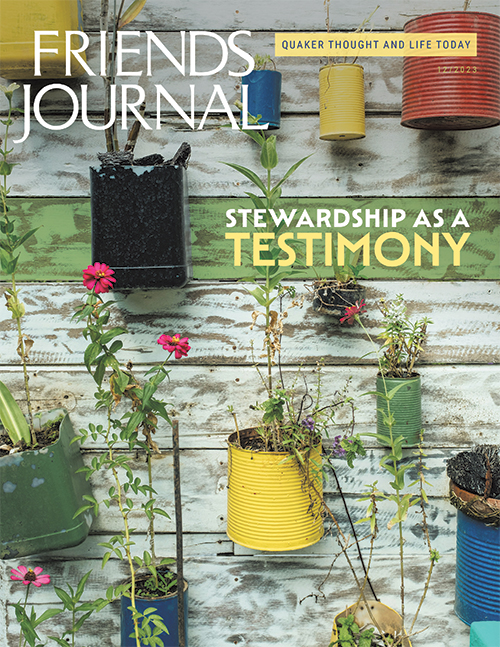
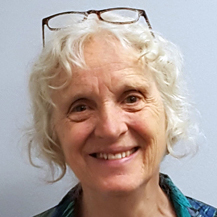
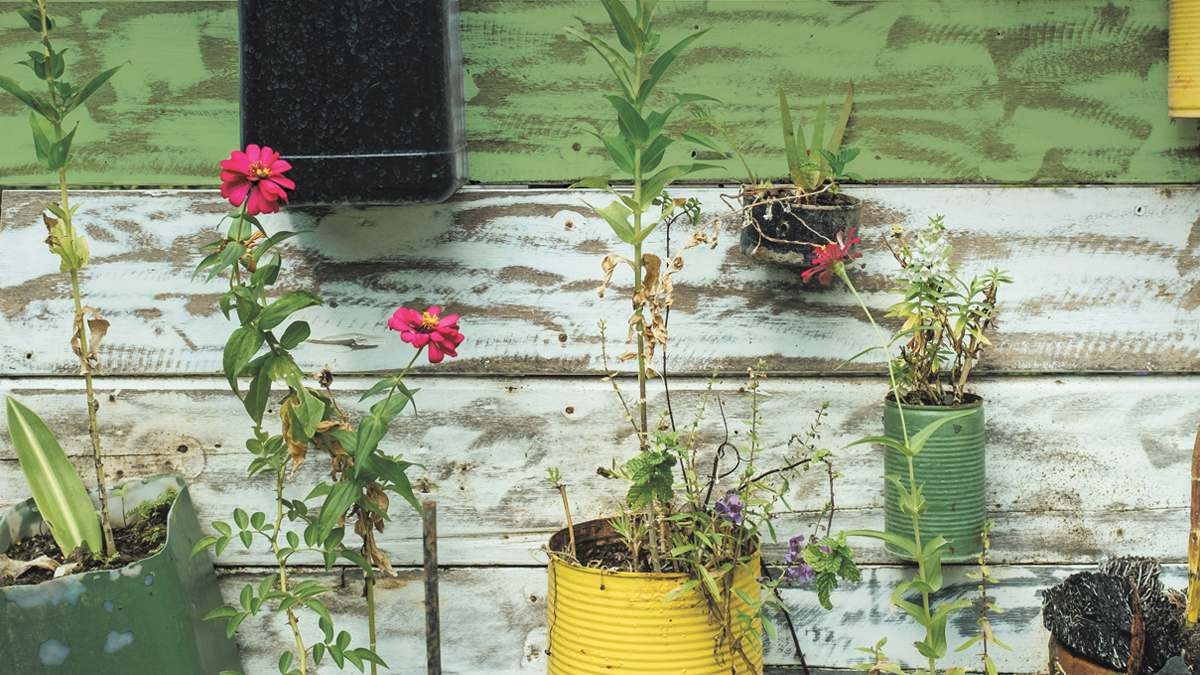
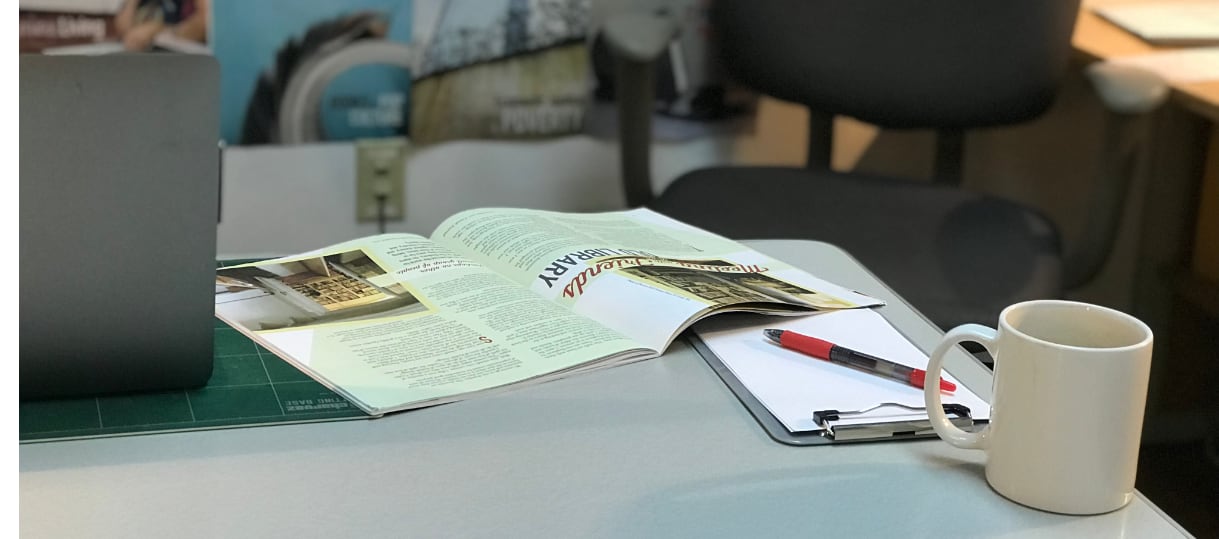
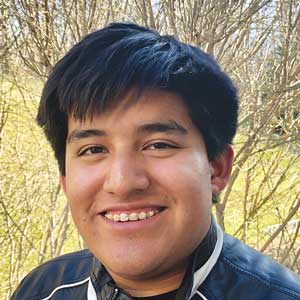
Amazingly and comprehensively explained how such a simple view shift changes everything.